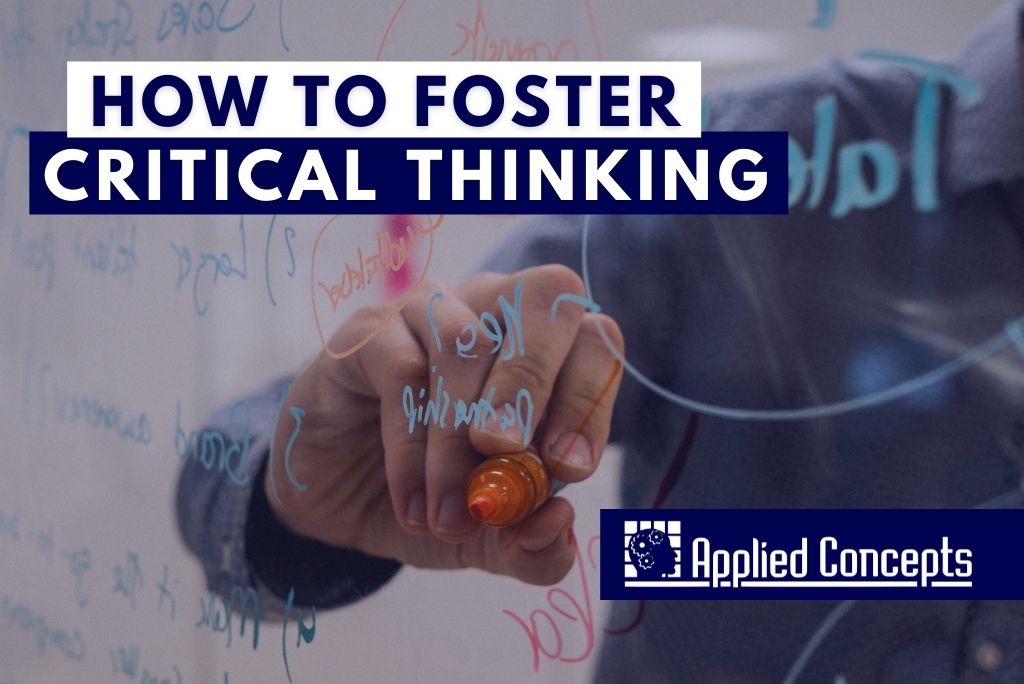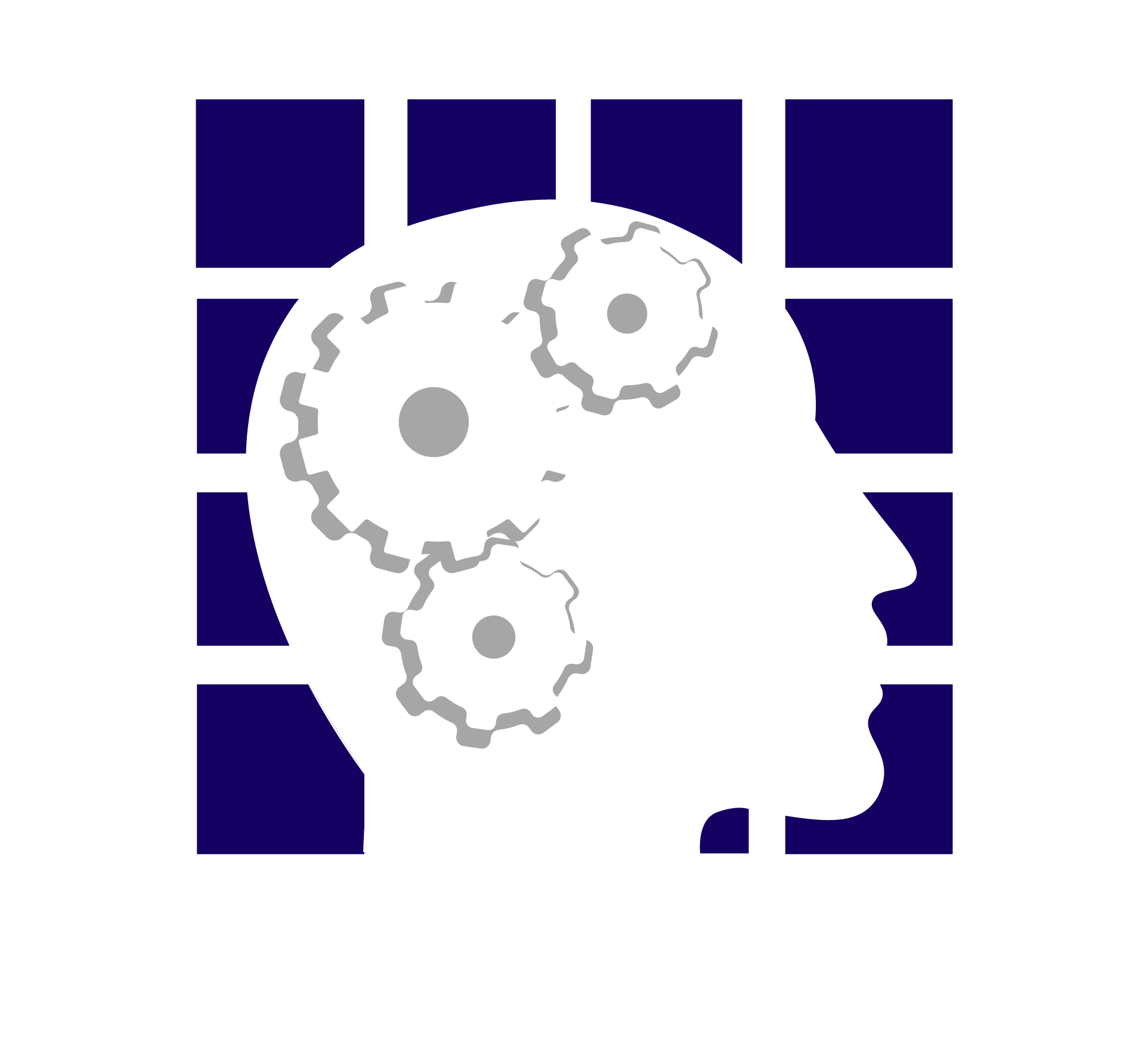How To Foster Critical Thinking In Your Team


Before we get into philosophical territory let’s take a step back. We all have thousands of thoughts on a daily basis, whether they’re deep and introspective or fleeting and insignificant. However, critical thinking is far more complex than that – and in fact, it is one of the most sought-after skills in businesses and other organizations.
So, how exactly does critical thinking apply in a dealership and how can you identify your team’s critical thinkers? Let’s take a closer look.
Why Should You Care?
Generally speaking, a company that has employees that engage in critical thinking will find that they are independent, competent, and reflective. They have the ability to solve complex problems, logically connect ideas, engage in reflection, and find errors and discrepancies in their work and the work of others. The benefits of having critical thinkers in your team include high levels of performance, increased retention of staff and customers, and the ability to create career paths within the organization.
The critical thinking process can be divided into two very broad steps. The first half of critical thinking entails an individual’s ability to gather relevant information and then effectively analyze it to get a full understanding of the intended and unintended consequences. Then, from this analysis, the next step is to construct a solution or improve results and conditions.
In a recent study, 60% of the managers that were surveyed highlighted critical thinking as the number one skill lacking for new entrants to the workforce. An employee’s lack of critical thinking skills is not only dangerous to them, it can also contribute to business failures, such as:
- High turnover rates which are directly related to a lack of job satisfaction.
- The inability to develop and launch new products and services in a timely manner.
- Being incapable of adapting and adjusting to market conditions.
How To Identify Critical Thinkers
Having the ability to identify the critical thinkers within your organization is important for two reasons. Firstly, it gives you an idea of what you should be looking for from existing or future employees. Secondly, it gives you the ability to more effectively allocate your employees into specific roles – critical thinkers are great candidates for project leaders.
More often than not, critical thinkers exhibit high levels of curiosity and an interest in learning more. They also regularly self-analyze and actively seek out predetermined solutions or spend the time and effort creating their own. However, critical thinkers also collaborate well with others (no matter their level in the organization) and they are open to new ideas.
Another easy way to evaluate if a person is a critical thinker is to see if they have a high level of emotional intelligence (EQ). Emotional intelligence measures an individual’s social awareness, self-awareness, self-management, and relationship management.
So, since critical thinkers have a high level of emotional intelligence, they are able to effectively influence people and situations in a positive manner. In the workplace, this manifests in the form of more effective communication, the ability to resolve conflicts, and being able to better empathize with others. Having a high level of emotional intelligence is not only great for interacting with fellow employees, it is also great when there is a need to connect with prospective customers or clients.
When you’re observing your employees in an effort to identify the critical thinkers, try to answer these questions:
- When you’re observing your employees in an effort to identify the critical thinkers, try to answer these questions:
- Do they ask thoughtful questions?
- Do they really try to understand the situation before providing an answer?
- Can they adjust communications and responses as new information becomes available?
- Do they seek out the new information?
- What level of quality is their work or assignments?
- Do they do the bare minimum or do they strive to push boundaries?
- Do they act as informal leaders in groups?
It is important to keep in mind that critical thinking is (at its core) a skill and like all other skills it can be learned and improved. So, even though 60% of the managers in the aforementioned study said that graduates who were entering the workforce lack critical thinking skills, that doesn’t mean that they are at a loss.
How To Develop Critical Thinkers
One key tactic is constantly make your team members think of new outcomes and new solutions. Just because the organization already has a set way of handling an activity, that doesn’t mean that it is the most effective or efficient way. In this regard, you should be asking questions such as:
- What could go wrong?
- What information is missing?
- What could have been done differently or better?
- If specific steps were changed, what would have been the possible outcomes?
- Would this have a positive effect on the overall customer experience?
Another approach is having your employees propose solutions and then letting them explore the pros and cons of each, helps to develop their problem-solving ability. Furthermore, it gives them a safe space in which they can recognize their own biases and be exposed to other points of view.
This is especially important for team members who work directly with prospects and existing customers. Asking questions that show genuine interest in what the customer wants or needs, what kind of experiences they've had in the past or what kind of experience they are looking for now will help cultivate a strong customer relationship from the beginning. Critical thinking skills will give your team members the advantage when working towards becoming the trusted advisor to your business and your customers.
Practice Makes Perfect
Above all, practice is the most vital part of fostering the growth of critical thinking skills in your employees. Practice exercises allow them to utilize the knowledge that they have acquired in training sessions. So, they can better apply these skills and knowledge on the fly during real-life situations.
How can we help?
Applied Concepts’ training programs touch on more than communication skills. They advocate for thoughtful customer interactions. Are you actually listening? Did you ask effective questions? Connect with us to learn more about how we can help hone your team’s critical thinking skills.



